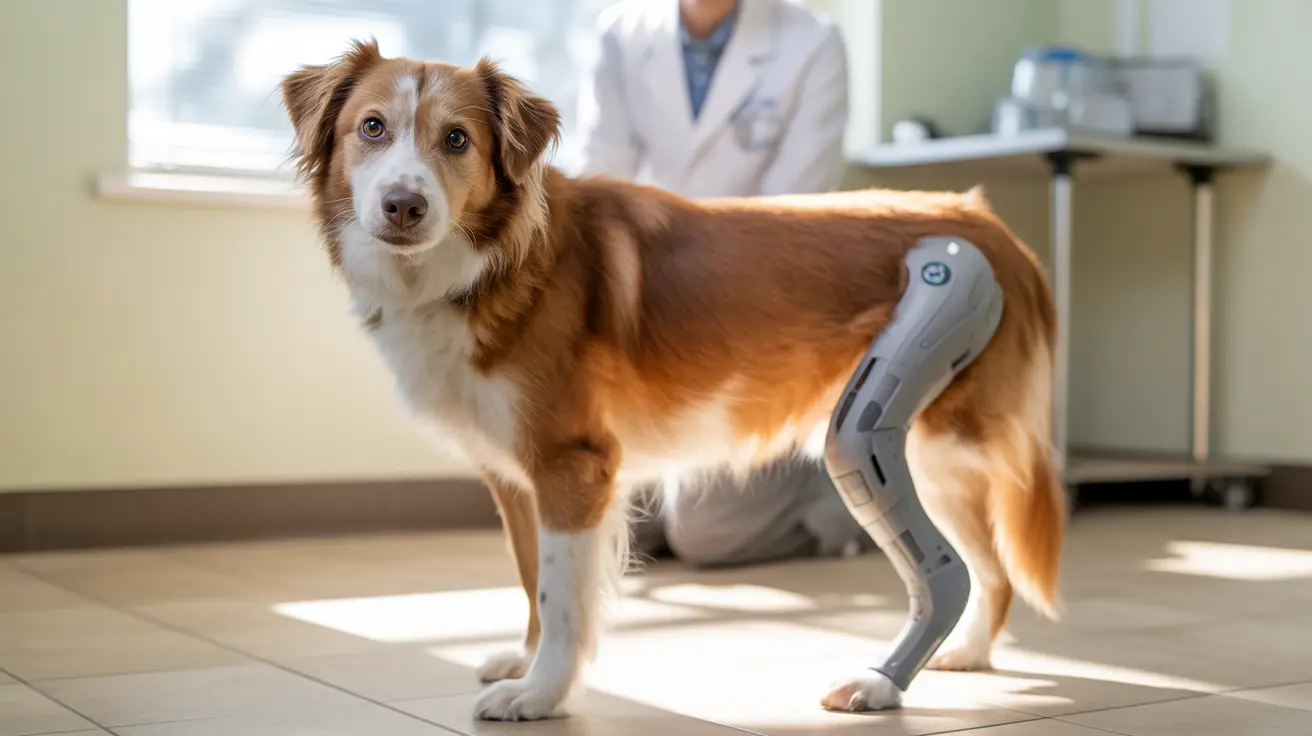If you've ever wondered whether sharing your cornbread with your furry friend is safe, you're not alone. While dogs can technically eat plain cornbread in small amounts, there are important considerations every pet owner should understand before offering this human treat to their canine companion.
In this comprehensive guide, we'll explore everything you need to know about dogs and cornbread, including safety concerns, potential risks, and proper serving guidelines to keep your pet healthy and happy.
Understanding the Basics of Cornbread for Dogs
Plain cornbread contains several common ingredients like cornmeal, flour, eggs, milk, and butter. While none of these ingredients are toxic to dogs in small quantities, cornbread isn't specifically formulated for canine nutrition and should only be given as an occasional treat.
Interestingly, corn itself is a common ingredient in many commercial dog foods, primarily serving as a source of carbohydrates and fiber. However, the way corn is processed and combined with other ingredients in cornbread makes it less beneficial for dogs than properly formulated dog food.
Nutritional Impact on Your Dog's Health
Cornbread is high in carbohydrates and sugars, with a typical slice containing approximately 180 calories and up to 20 grams of sugar. This caloric density can quickly contribute to weight gain if fed regularly to your dog.
While cornbread does contain some nutrients like B vitamins, iron, and magnesium, these benefits are minimal compared to the nutritional value found in quality dog food. The high sugar and carbohydrate content typically outweigh any potential nutritional advantages.
Potential Risks and Concerns
Allergies and Sensitivities
Some dogs may be allergic or sensitive to corn or other ingredients commonly found in cornbread. Signs of allergic reactions can include:
- Itching or skin irritation
- Digestive upset
- Ear infections
- Excessive paw licking
Harmful Ingredients to Watch For
Store-bought or specially flavored cornbread may contain ingredients that are toxic to dogs, including:
- Xylitol (artificial sweetener)
- Garlic or onions
- Jalapeños or other spicy peppers
- Excessive sugar or salt
Safe Serving Guidelines
If you decide to offer cornbread to your dog, follow these important guidelines:
- Only serve plain, homemade cornbread
- Offer small, bite-sized pieces
- Limit treats to special occasions
- Monitor your dog for any adverse reactions
- Avoid cornbread with add-ins or toppings
Frequently Asked Questions
Can dogs safely eat cornbread, and what ingredients should I avoid?
Dogs can safely eat plain cornbread in small amounts, but avoid versions containing xylitol, garlic, onions, excessive sugar, or spicy ingredients. Homemade plain cornbread is safest.
How much cornbread is okay to give my dog without harming their health?
Limit cornbread to small, bite-sized pieces as an occasional treat. It should never make up more than 10% of your dog's daily caloric intake.
What are the risks of feeding cornbread regularly to my dog?
Regular cornbread consumption can lead to weight gain, diabetes risk, digestive issues, and nutritional imbalances. It's high in calories and sugars while offering minimal nutritional benefits.
Are there any signs my dog might be allergic or sensitive to cornbread?
Watch for signs like itching, digestive upset, diarrhea, vomiting, or excessive gas. If you notice any of these symptoms, stop feeding cornbread and consult your veterinarian.
How can I prepare homemade cornbread that is safe for my dog to eat?
Make plain cornbread without added sugars, salt, or flavoring agents. Use basic ingredients like cornmeal, flour, eggs, and milk, keeping portions small and ingredients simple.
Final Thoughts
While cornbread isn't toxic to dogs, it's best viewed as an occasional treat rather than a regular part of their diet. Always prioritize nutritionally complete dog food and consult with your veterinarian before introducing new foods to your pet's diet.
Remember that every dog is different, and what works for one may not work for another. When in doubt, err on the side of caution and stick to treats specifically formulated for canine consumption.






